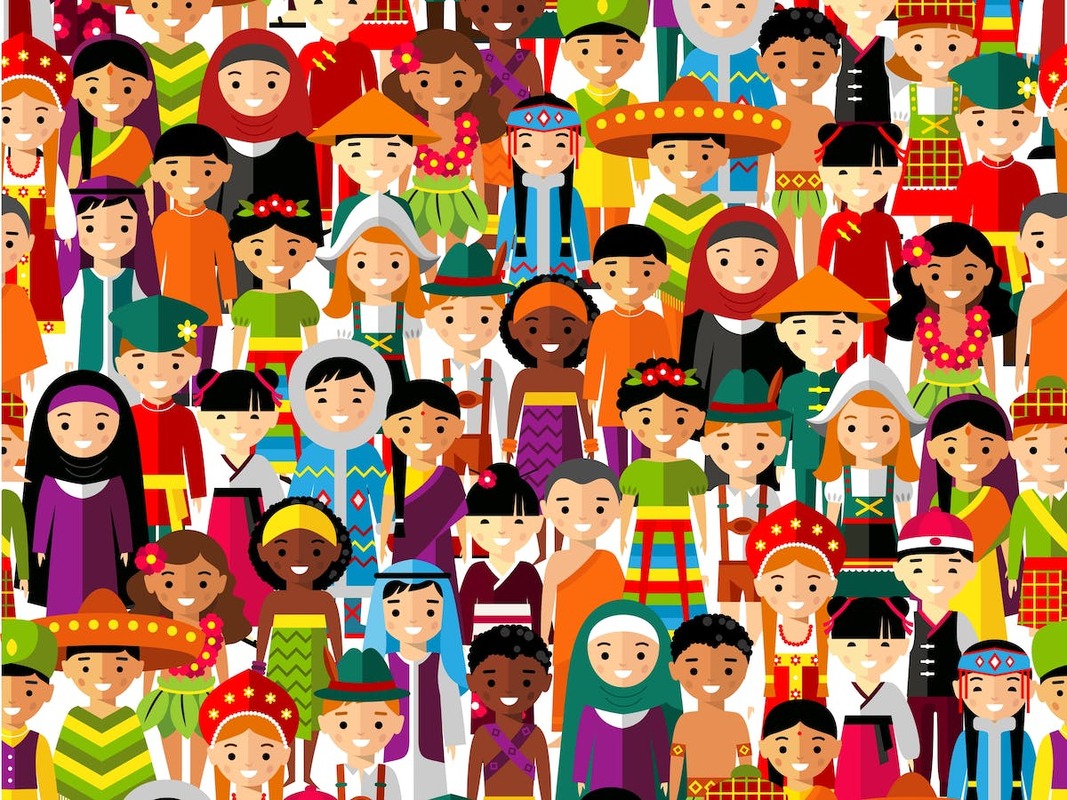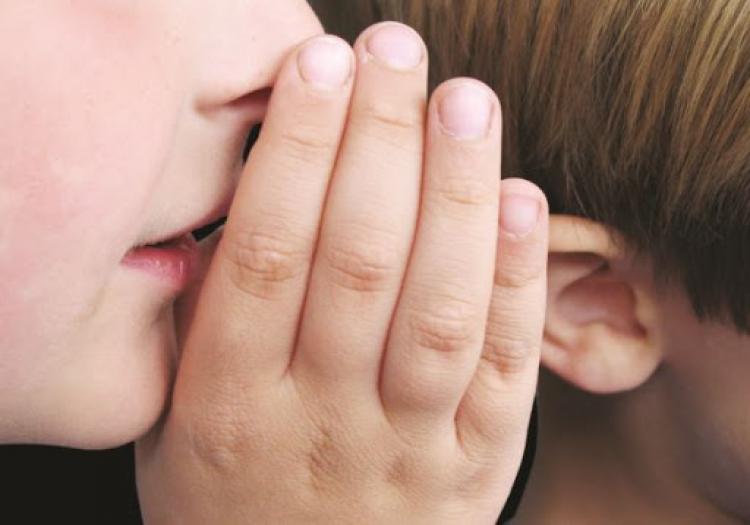|
Among the natural therapies for good mental health and longevity, in general, is healthy social relations. Did not mommy always tell us, "do not talk to strangers?" But building relationships with those we do not initially know, is part of the recovery process. Nevertheless, there are some best practices for mental health in terms of socialization, that might help overcome barriers and be a source of strength, comfort, and lasting relationships rather than be a source of fear, hesitancy, or negative competition. If social relations are not based on collective attempts in building each other up for success genuinely from the heart, rather they put each other down, making people feel bad about themselves, considering each other threats rather than opportunities to get better then such social relations are detrimental. In contrast, the opposite is the key to better health recovery, not only for the patients but for good positive environment for the whole society. Sometimes, we think that when we talk to someone, we "need" something from them. This is not necessarily true in healthy societies, where it is just a norm to greet complete strangers pleasantly, whether we meet them on the street or in the market and to ask how they are doing. They do not have to have the same race, religion, national origin, native language, etc. Just being human is enough. Is there not an instinctive urge we feel in playing with that random cute baby in the doctor's waiting room or the grocery store checkout queue? To think that we will only communicate with people we have a "need" for seems to be a very deliberate thought. Rather a person on a path of growth and self development may habitually interact pleasantly with a wide range of people with no particular motive. In general greeting the janitor as well as the Prime Minister, should be without apprehension. In some societies, it is considered a favor upon us if we get the opportunity to "help someone". If we eat alone, we might develop selfishness or other negative characteristics or emotions, eating more than we need to. In contrast, when we eat with people or share food, we develop many positive characteristics in our personality, not being engrossed in ourselves. Rather, we think about everyone's wellbeing in holistic development. Thus, it is indeed a "favour" others do unto us when they allow us to share our blessings with them. With mental health, its stigma is part of its harm. In terms of social interaction, when the caregivers are both insecure and uneducated in mental health ethics, they disclose personal details about the patient to everyone in their social circle forcing the patient to interact with only the caregivers and depriving them of a healthy independent social life that is vital for their recovery. In some circumstances, when the patient is throughly abused through such backbiting but is serious about success, it might be better to create boundaries among them and their abusers so they may develop an independent social life which is essential for recovery.
0 Comments
Leave a Reply. |
AuthorWrite something about yourself. No need to be fancy, just an overview. AuthorOzair Khan Archives
August 2023
Categories |



 RSS Feed
RSS Feed